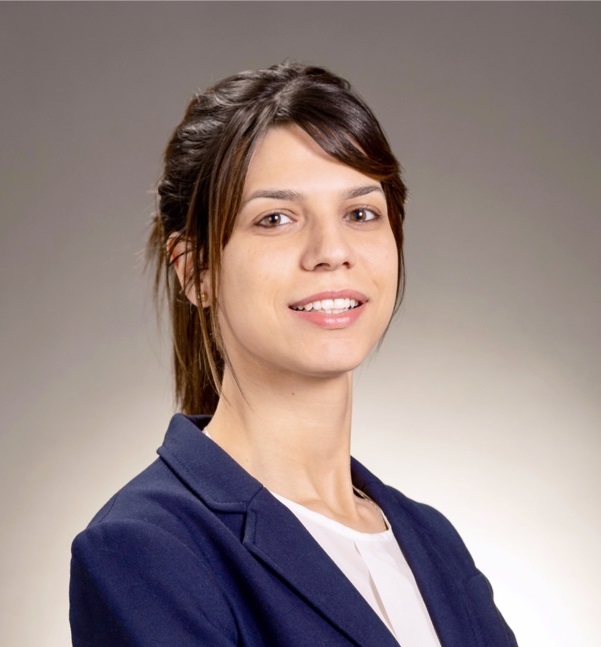Astronaut Terry Hart: Sally Ride ‘truly an explorer’
Terry Hart, a professor of practice in the Department of Mechanical Engineering and Mechanics and a former NASA astronaut, took part in a virtual event on the topic of women and the space program, presented by PBS39.
The event, held in March during Women’s History Month, included a screening of “The Future is Female: Women, Space and NASA” (a preview of upcoming PBS39 documentary special “Moon-to-Mars: The Next Giant Leap”) and a panel discussion.

